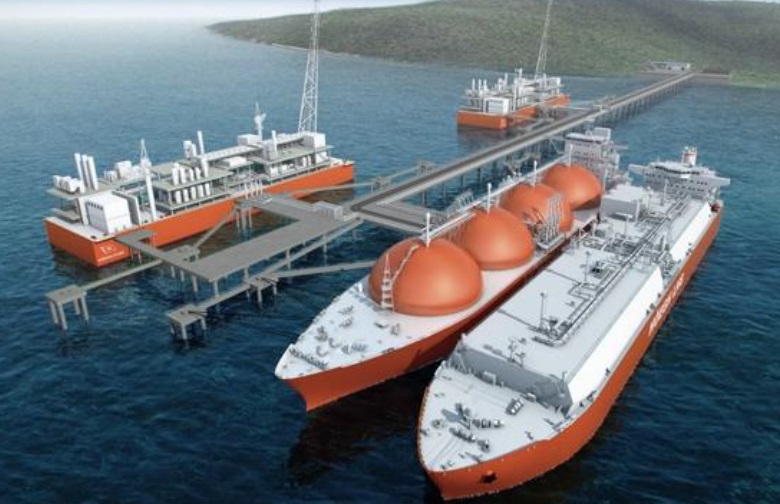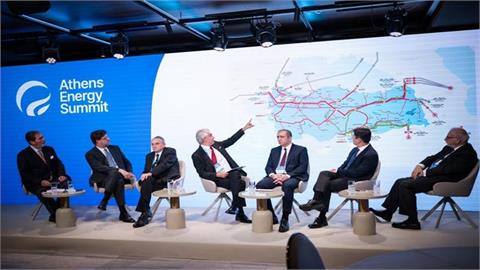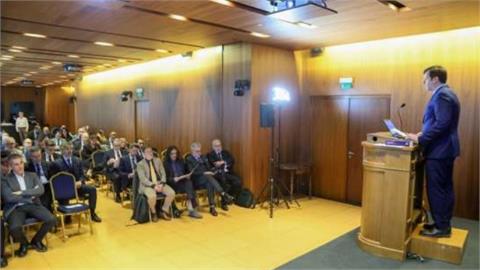The Institute has today released its latest study which deals with the current status and prospects for gas supply in SE Europe and the important role of LNG. The study, which was completed earlier this year, and has since undergone an internal review, covers primarily the gas demand and supply conditions which together with critical gas storage issues are examined on a global and regional basis.
The Institute has today released its latest study which deals with the current status and prospects for gas supply in SE Europe and the important role of LNG. The study, which was completed earlier this year, and has since undergone an internal review, covers primarily the gas demand and supply conditions which together with critical gas storage issues are examined on a global and regional basis. Special referenceis made to LNG because of its growingimportance for the safe operation of gas networks in various countries and becauseof its potentially crucial role in market development and competition. In this light, all ongoing and planned gas interconnection projects are examined together with the major cross-country gas pipelines currently under construction or in a development phase.
In addition, a discussion is made on the possibility of establishing both national and regional gas trading hubs very much in line with similar gas hubs currently operating in several European countries. It is anticipated that the setting up of such a regional hub(s) will greatly facilitate gas trading and hence enhance regional market integrationand competition, ultimately helping maintainprices at reasonable levels for the benefit ofconsumers.
The scope and objectives of the study can be summarized as follows:
1.examine the past and present situation in global gas markets as well as that of gas markets in selected countries in Southeast Europe (i.e. Greece, Turkey, Bulgaria, Romania, Serbia, Croatia and FYROM), but also in Italy and Ukraine, and discuss market prospects for the mid- and long-term,
2.examine the past and present situation in the global LNG market as well as in the SE European region, focusing on how these markets are expected to develop over the next few years,
3.analyse all major existing and planned gas infrastructure projects in SE Europe (e.g. cross-border and national gas pipelines, gas storage facilities and LNG terminals),
4.analyse the geopolitical developments in the SEE region and how these are likely to impact the balance of regional gas markets,
5.highlight the emergence of FSRU projects and their strategic role in enhancing regional energy security, with special reference to projects in SE Europe (i.e. Turkey, Greece, Croatia),
6.examine the potential for the establishment of a gas trading hub in Greece and in the region,
7. examine the existing and potential sources of funding for planned gas projects in SE Europe,
8. present an overall assessment of the energy security dimension in SE Europe, energy policies and at the same time underline the strategic role of LNG with special reference to FSRU projects.
The study, which was largely funded by contributions from Institute members, is available in full version at: www.iene.eu in the "Reports” section.




